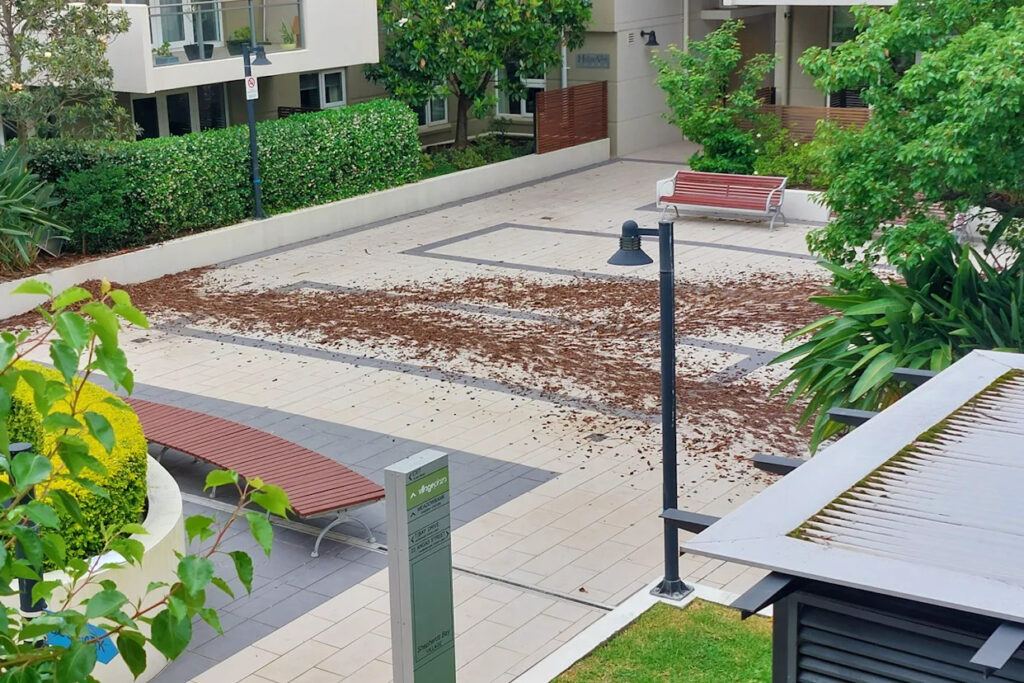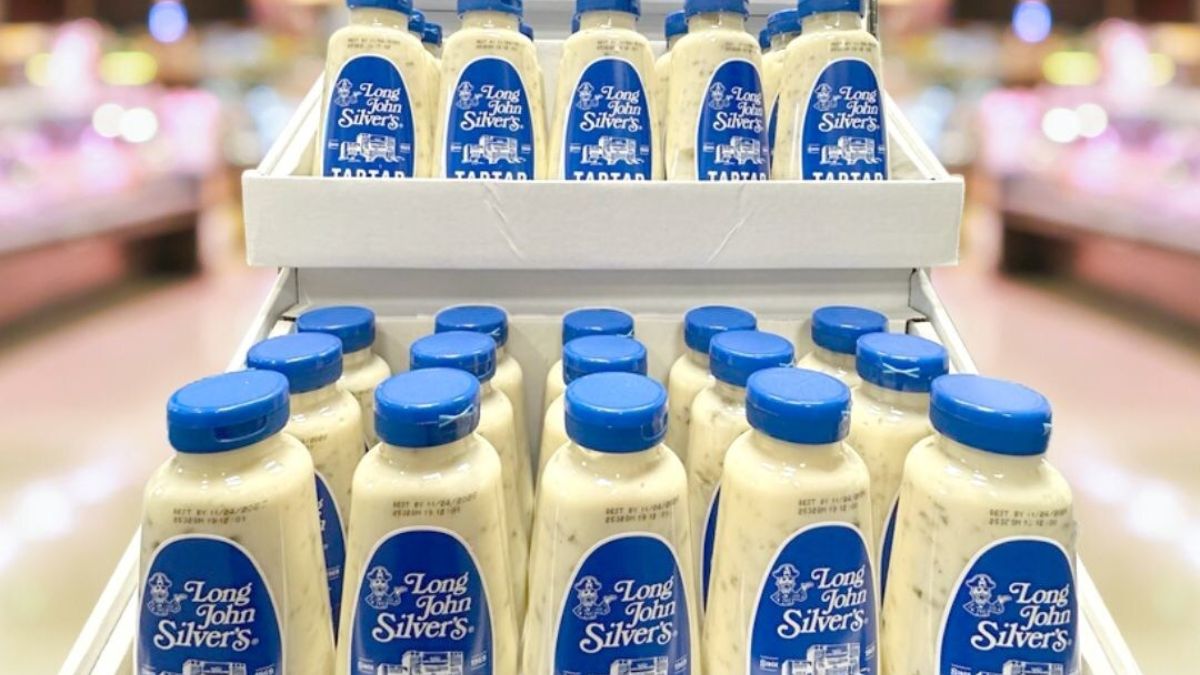
UPDATE: Brush-turkeys are wreaking havoc in Sydney, leaving residents frustrated and messy courtyards in their wake. As reported today, a resident from Meadowbank revealed that these “persistent” birds are becoming more common as their populations thrive due to urban environments.
The recent storms along Australia’s east coast might explain some of the disarray, but according to the local resident, it’s the brush-turkey that is the real culprit behind the chaos. “We’ve heard complaints from relatives in other areas too, up near St Ives,” he stated, highlighting the increasing frequency of these incidents.
This week, the resident described how the brush-turkeys have taken over his apartment complex, consistently disturbing the peace with their digging and mound-building activities. “The complex is managed together, and I can imagine the gardeners are quite annoyed. But they’re protected, so I’m not sure anything can be done apart from cleaning up,” he lamented.
Authorities confirm that these birds, native to Australia and protected under New South Wales law, are on the rise, particularly in urban areas. Matthew Hall from the University of Sydney states that the brush-turkey populations are benefitting from the abundance of gardens and parks, which provide ample food sources and safe habitats.
A recent study by Hall and his colleagues, published in Wildlife Research in 2024, sheds light on this trend. While populations are declining in drier regions of their historical range, brush-turkeys are successfully colonizing urban spaces, indicating a significant shift in their habitat. “There’s a fascinating story surrounding brush-turkeys,” Hall noted, emphasizing their comeback from the brink of extinction in the early 20th century due to overhunting.
As these birds continue to adapt to city life, their interactions with residents are becoming a point of concern. Their famous mound-building behavior, where males construct large mounds of organic materials to incubate their eggs, can disrupt gardens and local ecosystems. “I haven’t seen another animal so loved and hated in equal measure,” Hall added, acknowledging the mixed emotions the birds evoke.
Despite their nuisance status, brush-turkeys play a crucial role in the ecosystem. Their digging aerates the soil, aids in seed dispersal, and supports the health of native vegetation. “Even a messy courtyard can have an ecological upside,” Hall remarked.
As Sydney residents brace for more storms and the possibility of significant rain on Tuesday, the brush-turkey crisis continues to unfold. Local authorities encourage people to report their interactions with these birds to better understand their impact and find ways to coexist.
Expect more updates as this situation develops. The rising number of brush-turkeys is not just a quirky story; it raises important questions about wildlife management and urban ecology in Australia. Residents are urged to remain vigilant and prepared as they navigate life with their feathered neighbors.






